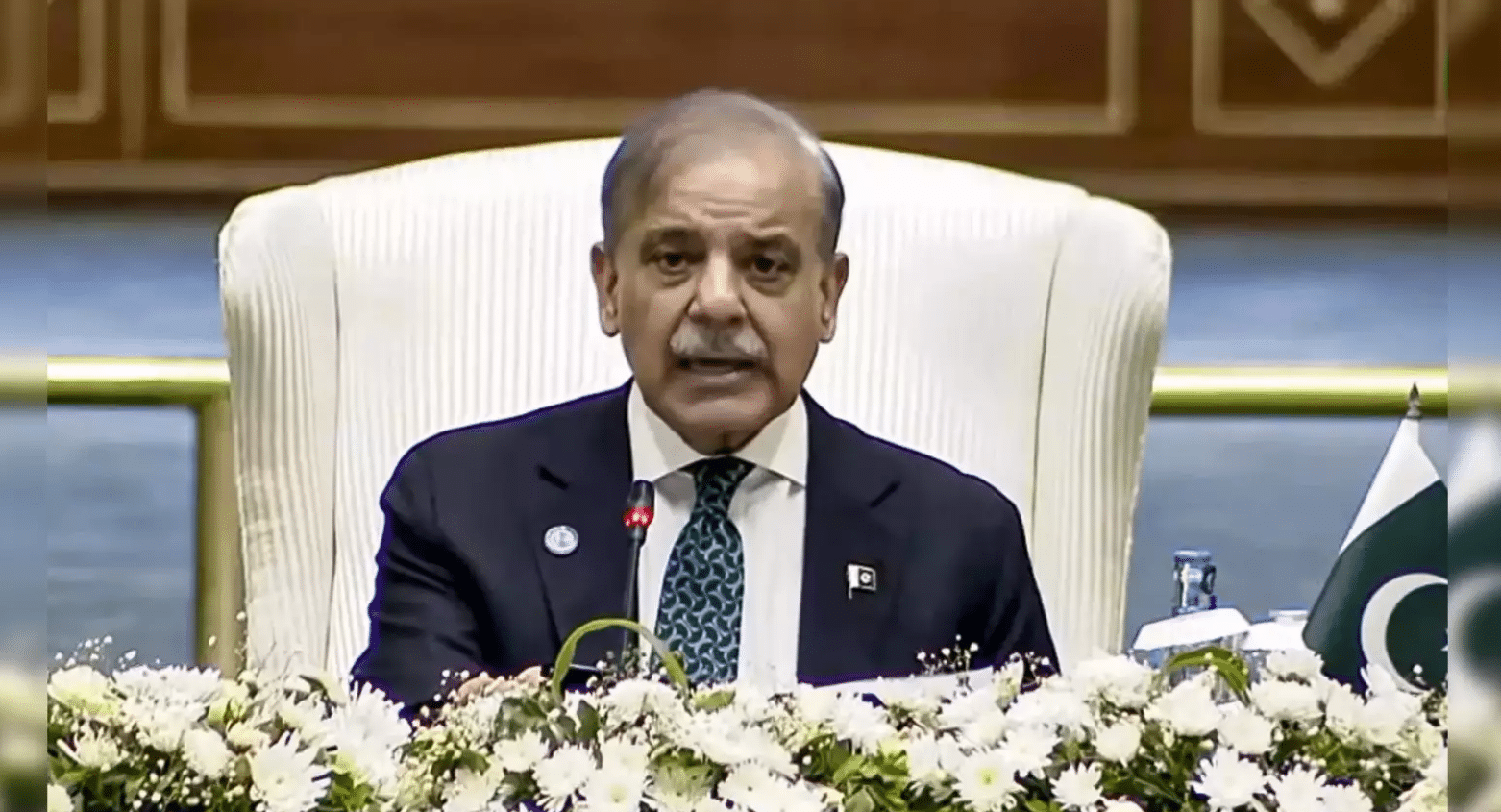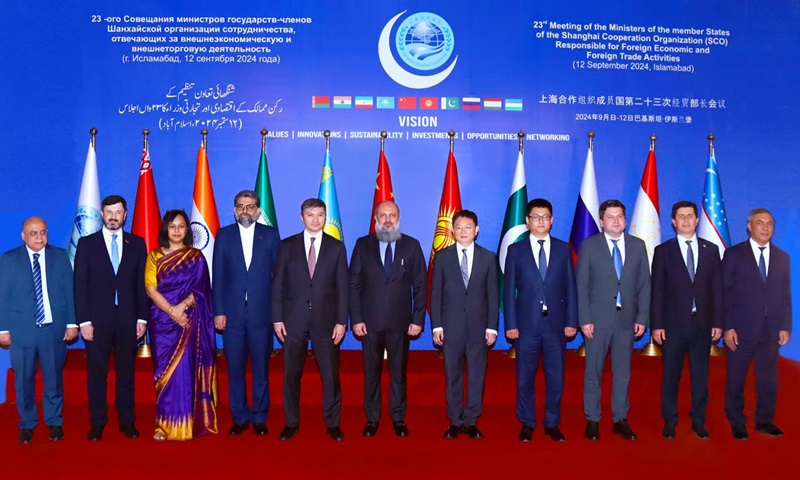In the world of commerce, exporters play a pivotal role in shaping a nation’s economic landscape. For years, they have been the driving force behind a country’s trade dynamics. However, a recent change in the sales tax refund process has left thousands of exporters in a perplexing situation. This article will delve into the issue at hand, exploring why many exporters are finding it increasingly challenging to process their sales tax refund claims under the FASTER system.
Understanding the FASTER System
The FASTER system, which stands for ‘Faster Automated Sales Tax E-Refund,’ was introduced by the Federal Board of Revenue (FBR) as a means to streamline and expedite the sales tax refund process. For more than four years, this system functioned smoothly, benefiting exporters across various sectors.
The Predicament
However, a recent development has left a significant number of exporters in a state of concern. The FASTER system is now exclusively reserved for exporters operating within the five export-oriented sectors, in accordance with Rule 39B of the Sales Tax Rules, 2006. Exporters outside these sectors, even if they were previously eligible, are now unable to process their sales tax refund claims through this system.
The reason cited for this change is the specialization of the FASTER system. It is now explicitly tailored to handle the sales tax refund claims filed by the exporters of these five sectors, specifically for the export of goods.
READ MORE: “Sheikh Rasheed’s Endeavor to Obtain Amnesty for Individuals Erroneously Linked to the May 9 Riots”
Manual Processing and Its Consequences
The consequence of this sudden restriction is that exporters who fall outside the five designated sectors are now compelled to reach out to field offices for manual processing and verification of their sales tax refund claims. This change has significant implications.
First and foremost, it increases the level of interaction between tax officers and taxpayers, which may lead to delays and inefficiencies in the refund process. The hassle of manual processing and the need for constant communication with tax authorities can be daunting for many businesses.
Concerns Raised
The FBR has received a letter from exporters expressing their apprehensions about this shift to manual processing for sales tax refunds. These concerns are valid, given the potential complexities and uncertainties that arise when human intervention replaces an automated system.
Exploring Alternatives
Meanwhile, the FBR has advised taxpayers to file non-export-related sales tax refunds, particularly those involving multi-tax periods (carry forward-based refunds), through the Expeditious Refund System (ERS) or STARR system until June 2024.
Challenges in Implementation
However, there are challenges in this transition. Registered persons who are claiming non-export and/or input tax carry-forward based sales tax refunds, as per Rule 34 of the Sales Tax Rules, 2006, are required to file these claims through the submission of Form-7A with their Sales Tax Return.
The problem is that the said form is not enabled, causing registered persons to face difficulties in filing their refund claims through Form STR7A. Non-export claims require in-depth scrutiny, which is different from the process for export-based claims that the FASTER system was designed for.
A Solution in Sight
To address these issues and to simplify the refund process for registered persons, the Federal Board of Revenue, in exercise of powers conferred under section 55 of the Sales Tax Act, 1990, has allowed the filing of carry-forward-based non-export related refunds through RCPS at tax offices in STARR or through the Expeditious Refund System (ERS) until June 2024 or until Form 7A is made available online.
This step aims to remove the difficulties in implementing the provisions of rules and to address refund issues faced by the registered persons effectively.
Conclusion
The sudden change in the FASTER system, restricting its use to just five export-oriented sectors, has created challenges for many exporters. Manual processing may increase the interaction between tax officers and taxpayers, potentially leading to delays in the refund process. However, the FBR has provided alternatives to address this issue, allowing registered persons to file their carry-forward-based non-export related refunds through RCPS at tax offices or the Expeditious Refund System (ERS).
This shift should help alleviate some of the difficulties faced by registered persons and provide a more streamlined approach to the sales tax refund process.




